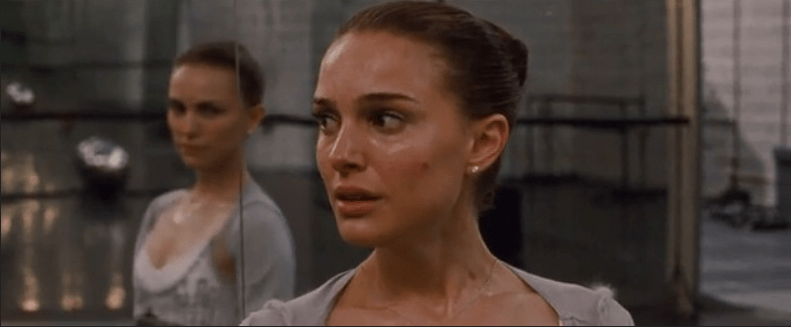‘Black Swan’: a lesson for those of us who want to enter the creative industry
It’s alluring, isn’t it, the pull of the creative industry? The promise that maybe we don’t have to work a stuffy 9-5 in a boring office space. Instead, we can bike to work in a creative co-space next to a brownstone organic coffee shop. We can wear fun clothes and spend our time creating, the thing we love to do. I know I feel that allure – I am a sucker for that fantasy, that I can achieve happiness by commodifying my creative passions. The romantic mysticism around the creative industry can disguise the fact that it still suffers from many of the same constraints of non-creative jobs – the constraints being the organisation of labour under capitalism. Black Swan exemplifies and dramatises many of these criticisms of the creative industry, as the protagonist, Nina, is a professional ballerina about to get her big break performing Swan Lake. It’s a story of passion, competition, and destruction.
Who are you when you can’t create? You have to just keep dancing
The creative industry, whilst promising to turn your passions into your purpose, also means you are required to produce. But are you defined by what you produce? I often view the things I create as containing a part of myself – creativity is important to my sense of self. Creating is often emotional. Unlike emotional labour, affective labour refers to the requirement to cause an emotional response through your work. It’s easy to see the ballet as a form of affective labour – years of work go into captivating audiences with the precise beauty of the moves. A central tension in the film is the pressure for Nina to truly embody the wild and seductive black swan. Her technique is flawless. Emotion is key to perfect performance. She needs to loosen her control, tap into her passion to truly convince the director and audience.
Arguably the psychological thriller/ horror aspects of the film are Nina attempting to deal with this intense demand of affective labour. Black Swan could’ve been a lot less dark and scary if the dancers were given some emotional support and therapy, but probably not as good a film though. Which is sort of the catch 22. We’re so conditioned into this belief that our artistic outputs must be perfect. Blind ambition comes at the expense of ourselves and is praised. Yet, there’s no denying that practice and a desire to be better can get results. Even the arts can’t escape hustler culture. If we are what we create, what does it mean when our creations destroy parts of ourselves. Affective labour can be damaging due to the way it goes unacknowledged, and therefore unaccommodated for – it’s a hidden demand of the job. Pour yourself into your pieces, place your own vision, experiences, and personality into your outputs. Yet don’t forget to keep producing. Even when things get tough, when you want a break from yourself. When creativity is your livelihood and identity; when it feels like parts of yourself are weaved into your creations. Who are you when you can’t create? You have to just keep dancing.
we should be more conscious of our right to demand more and for the industry to expect less
Nina’s desire for the perfect performance quite literally destroys her. Her feet bleed, she scratches her back from the pressure, her body is dangerously thin, her mental health rapidly deteriorates. Working kills us too. Will we escape the hunchback and thrombosis if we strain our eyes over Adobe Illustrator instead of Excel Spreadsheets? There are many studies that show overworking and stress is bad for our mental health; just because we’re supposedly doing something we love doesn’t mean it can’t impact us. A lot of the pressure Nina feels comes from her fear of missing her chance, that another girl will replace her. All those years of practice and training she put in will be worth nothing. Every girl is competition, especially the effortless Lily who is the foil to the controlled Nina. Can we not create together?
From viewing Black Swan as the dark side of the creative industry, we should be more conscious of our right to demand more and for the industry to expect less. We need to be more comfortable questioning the demands and stresses of the job. Creative jobs are not some kind of cool loophole out of capitalism.

Comments